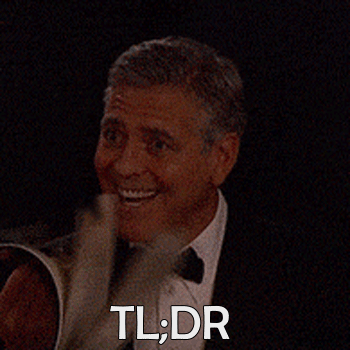You've genuinely enlightened me a little bit about Belgium, Bubble. Thank you. I always thought French language was a vast majority there.
There are approximately 11 million Belgians. 6.5 million list Dutch as their first language, 3.5 list French, about 500K are officially German-speaking and another 500K are "miscellaneous" (English and Arab mostly).
In 1815 Napoleon lost at Waterloo. The Belgian region was added onto the Netherlands, since the populace pretty much spoke the same language. Nobility and bourgeoisie were French-speaking, though, installed by Napoleon, or earlier - Flanders has been a part of France, the Netherlands, Spain, Austria, Rome, parts have even belonged to England. In 1831 already ,the French-speaking nobility, who felt oppressed by William of Orange's intentions to completely Dutchify the language in all of the Netherlands, revolted and separated. What is currently Belgium is made up of the remnants of the Southern Netherlands (the Catholic part, in contrast to the Protestant North during the Renaissance), parts of Northern France which were added on to provide a Dutch buffer between France and Germany at the time, and most of the Liège Prince-Bishop's domain which was annexed by Napoleon, and, well, nobody thought it worthwhile to refound it as a proper country.
Anyway, the French-speaking nobility and elite overreacted as usually happens throughout the ages, and Dutch was completely eradicated as a cultural language for almost a century - all education, all laws, all culture, all justice, all science etc was in French only - by law. Dutch was "a peasant's language" and "uncultured". Obviously, middle classes (insofar as those existed at the time) slowly adapted and soon enough speaking Dutch was a good way of identifying yourself as base and a farmer, certainly nothing noble or intelligent. Translating laws was
illegal; publishing Dutch books was
illegal, and so forth. It was an excellent tool of keeping the poor and downtrodden poor and well-trod upon.
Around the change of the century, a Flemish cultural identity was slowly reinstating itself; coupled (at the time) with socialism and christian democracy: those standing up for the poor, laborers, etc obviously saw uplifting their language to acceptable as yet another important way of destabilizing the elite. The First World War saw many (though by far not all) people from the Flemish movement collaborating with German invaders as they spoke a similar language, promised cultural and linguistic independence and so forth. Obviously, the Germans lost, and the Flemish movement was branded traitors and all that. We "gained" a part of Germany as reparations for the damage in the war (which is mostly where those 500K German-speaking Belgians still live). By the Second World War, the Flemish movement was often marginalized and pushed aside - again, many of them collaborated with the Germans for, once again, promises of cultural independence and freedom. Again, the Germans lost, and again, everyone who strived for Flemish independence or acceptance were branded collaborators.
It wasn't until 1968 that the first university with courses in Dutch was established. Even now, there's still a lot of animosity, especially in some regions, between the two language groups. The Dutch-speaking are generally richer and economically more successful (the economic boom in Belgium was in large part due to coal and iron ore; when these became too expensive or ran out, Flanders successfully converted to other industries - Wallonia didn't. There are still steel mills in Belgium, processing ore from India at horrendous cost and heavily subsidized. Our car assembly industry is slowly drying up but not quite gone yet), and culturally we're slowly overtaking the French speaking people abroad. The French speaking are/were the main players in diplomatic affairs, administration, media and most of our nobility.
There's still a lot of Flemish people who feel they're still paying for the French speaking people, and being abused and taken advantage of; on the other side there's lots of French speaking people who feel the Flemish are usurping Belgium and dismantling it out of selfishness and shortsightedness. It doesn't help that there's a huge difference in political views and so on between the two communities, and, especially since the 1960s/1970s, a growing lack of understanding or common knowledge - Wallonia has focussed culturally on France, while Flanders looked more to the Netherlands and Germany. We're slowly drifting apart, and some try to speed up the process while some wish to slow it down.
For an example of unbalancedness, Flanders accounts for 85% of exports and 80% of all economic activity; pays 80+% of all social security; while Wallonia receives 60% of all social security. In parliament, despite the disparity in population size, both communities get exactly half of all seats - meaning a French speaking person's vote is worth more than that of a Flemish person. And so on. There's a reason our country doesn't work :-P
...I was going to write 3 lines to explain why there's more Dutch speaking people but you don't see us as often. Sorry.




